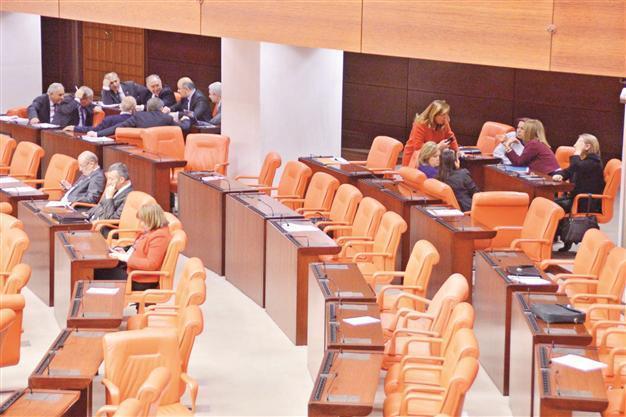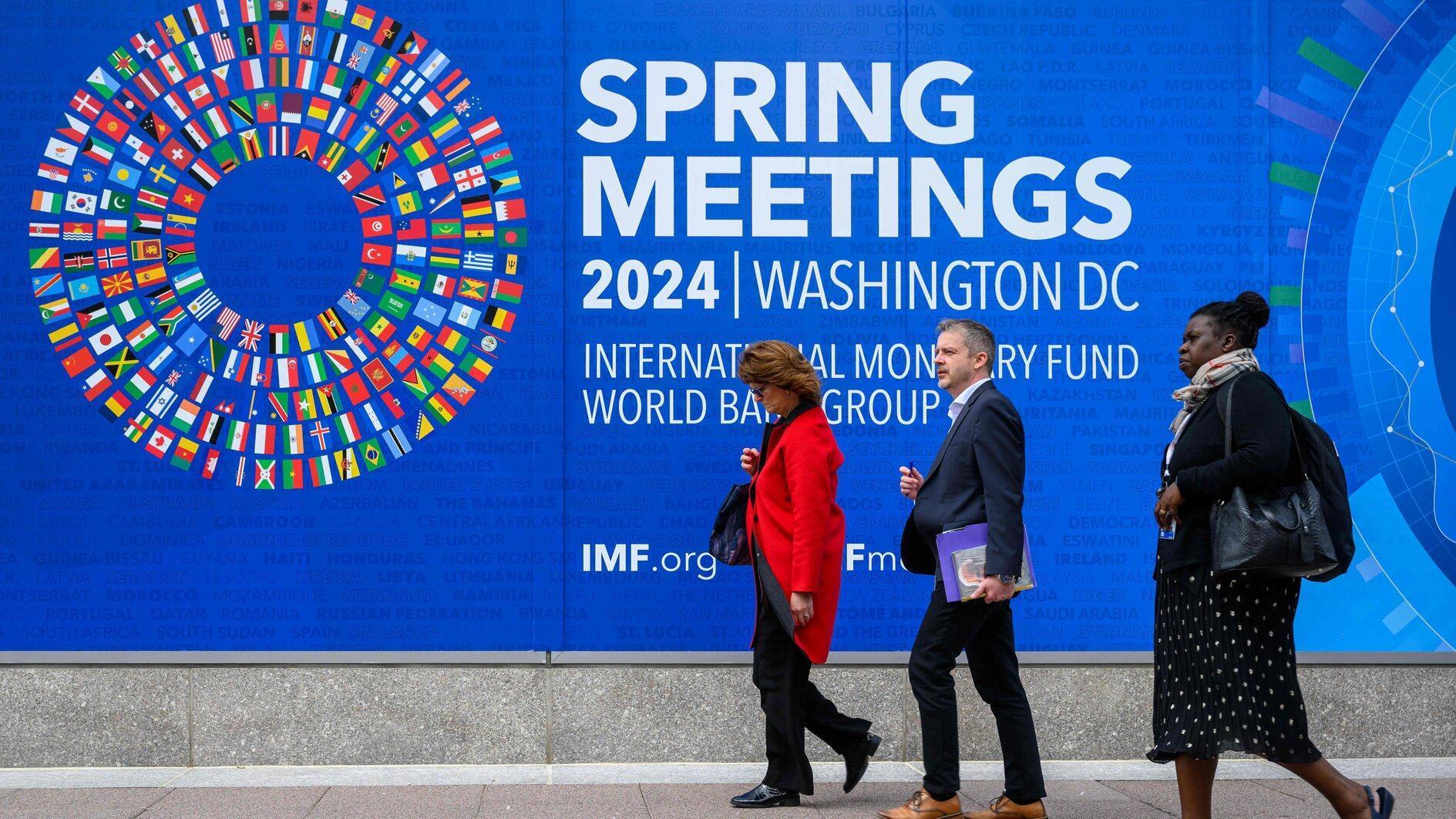Women’s participation in politics ‘still low’ in Turkey
ISTANBUL

Female deputies of the ruling AKP are seen in the Parliament. Only 14 percent of Turkish Parliament members are women, or 79 MPs out of 548.
Although Turkey took important steps toward gender equality, areas such as women’s political participation, reproductive health, education and labor force participation still need improvement, the United Nations has said.Turkey ranked 68th out of 187 countries in gender disparities, according to the United Nations Development Program (UNDP) 2012 Gender Inequality Index Rank. Women’s participation in the workforce, politics, and education are some of the key areas that Turkey needs to improve in order to decrease gender inequality.
Only 14 percent of Turkish Parliament members are women, or 79 MPs out of 548. Turkey therefore ranks 92nd out of 188 countries according to the Inter-Parliamentary Union’s (IPU) latest data on Women in National Parliaments. With Turkey just three weeks ahead of the local elections, the U.N. particularly stressed that Turkish women’s participation in local politics was quite low.
Only 0.9 percent of mayors, 4.21 percent of members of the Municipal Council and 3.25 percent of members of City Council are women, according to the results of the 2009 local elections.
Female employment rates are also low in Turkey. In 2013, only one woman in four was employed, a 26.6 percent female employment rate. Meanwhile, those women who are employed face discrimination through low wages and unsecured, low-status and vulnerable jobs, compared to their male colleagues, U.N. Turkey stated. As of November 2013, only 30.4 percent of Turkish women are in the labor force, well below the global average of 50.3 percent, as well as the Developed Economies’ and EU’s average rate of 52.9 percent. Some 71.1 percent of Turkish men are in the labor force.
Two out of five women victims of violence
Meanwhile, violence against women continues to be a serious problem. Two out of five women in Turkey are victims of violence during their lifetime, according to the U.N.’s Turkey report. One out of the three brides is younger than 18-years-old. This year’s March 8 International Women’s Day has been declared by the U.N. with the slogan: “Equality for women is progress for all.”
The U.N. called on the international community to “facilitate women’s increased participation in decision-making processes, end violence against women and eliminate the prevalence of negative gender stereotypes” in order to globally and locally achieve gender equality.
“It is known that it is not just a gender gap that is blocking progress; it is also a gap between laws and implementation. In this respect, it is not enough to adopt laws and policies; they have to be effectively implemented,” said the U.N.
With regard to Turkey, the U.N. said “political will and leadership is critical for generating sustained action for gender equality.” It also emphasized that Turkey had the necessary elements needed to eliminate gender inequality - a determined government, a strong private sector, effective NGOs and a vibrant media and vowed to continue to cooperate with all parties for gender equality in the country.
Gender inequality is a global epidemic: UN
Inequality against women is widespread across the world, according to U.N. data:
- It is estimated that 60 percent of the approximately 1 billion chronically hungry people in the world are women.
- Women only hold 21.4 percent of the world’s parliamentary seats.
- Three out of 10 women around the world report having experienced physical and/or sexual violence at the hands of an intimate partner.
- Despite progress in some countries, 800 women still die every day globally from preventable causes during birth or pregnancy.
- Despite an increase in the enrollment of girls in school globally, 61 percent of the 123 million youth who lack basic reading and writing skills are women.
- Globally, around one in three young women aged 20 to 24 – approximately 70 million – were married before the age of 18. If present trends continue, this number will climb toward 150 million in the next decade.
- There is a gender gap in wage differences, where women earn 17 to 35 percent less than men for doing the same work.
- Women perform 66 percent of the world’s work, produce 50 percent of the food, but earn just 10 percent of the income and own 1 percent of the property.
















